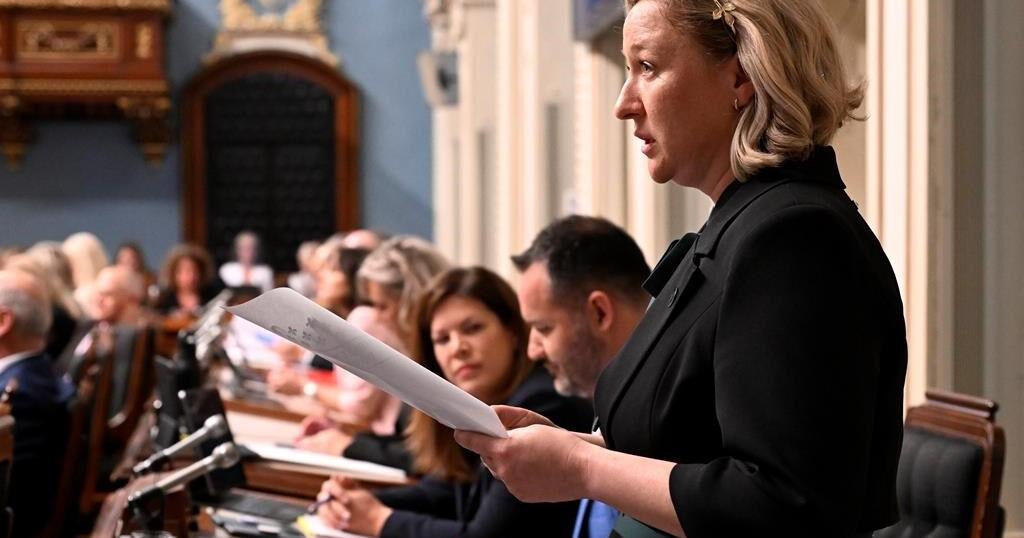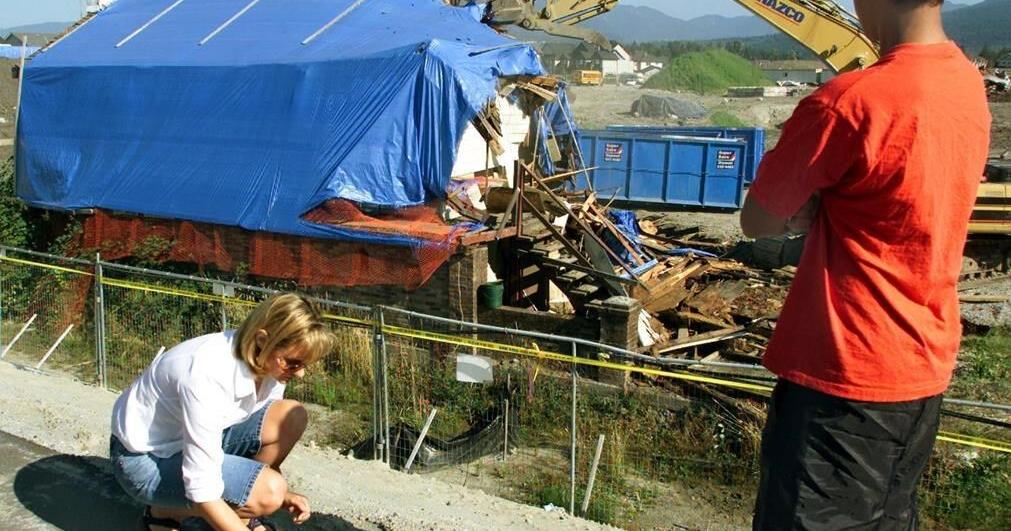MONTREAL – After years fighting against the opening of a mining project with ties to the Pentagon, Louis Saint-Hilaire is breathing a sigh of relief.
That’s because this week, the Quebec government rejected the mining company’s application for public funding, a decision Saint-Hilaire says reflects the will of many of the people who live near the proposed site in the Laurentians region.
“It’s a big victory for us, but it’s not a total victory,” he said in an interview Wednesday.
Lomiko Metals Inc., a mining company based in Surrey, B.C., wants to mine graphite — one of the world’s most sought-after minerals — at a site near Duhamel, Que. Initially, residents’ main fear was about the potential harm to the environment.
But in May, the company announced it received a grant of $11.4 million from the U.S. Department of Defence and another $4.9 million from Natural Resources Canada to study the conversion of graphite into battery-grade material for powering electric vehicles. People started to worry that the graphite could end up in American military equipment.
Yet despite investments from Ottawa and Washington, D.C., Quebec Minister of Natural Resources Maïte Blanchette Vézina says the provincial government has decided not to throw its support behind Lomiko.
“In this case, the company’s request for financial assistance … did not meet current criteria, particularly with regard to social acceptability. Consequently, no financing has been granted for this application,” Blanchette Vézina said in a statement.
In response, Lomiko said it is “surprised and disappointed at the negative comments directed toward Lomiko by members of the Quebec government.” Lomiko says the province is contradicting its own critical and strategic mineral development plans.
Despite the setback, the company says it is staying the course. “We will continue with our research supported by our grants and responsible development strategy, like any other company under mining regulations in Quebec,” it said.
Lomiko has previously said it planned to begin construction by 2027. It has also said it would be conducting feasibility and metallurgical studies over the next five years and will be subject to a review by Quebec’s environment consultations office, known as the BAPE.
David Pharand, mayor of Duhamel, says he too is pleased with Quebec’s decision. Residents of Duhamel, one of five municipalities located around the proposed mine, have been kept in a state of anxiety and stress over the future of their region, he said.
This summer, the five Quebec municipalities began accelerating the public consultation process with the aim of holding a referendum on whether residents support the project. Most people, Pharand says, are against Lomiko’s proposal, adding that a mine would endanger the municipalities’ goal of developing its tourism and recreation industry.
Pharand says it is now up to Lomiko to decide how it wants to proceed, but a referendum may still happen down the line in case Lomiko or any other company interested in the region’s graphite decides to move forward with mining.
Saint-Hilaire believes the tide turned on Sept. 10, when a local group of businesspeople announced their opposition to the project, saying the mine puts the region’s water and forests at risk.
Rodrigue Turgeon, national program co-lead at Mining Watch Canada, called the development a triumph of citizen mobilization. However, he says the burden of expressing social acceptability in Quebec is unfairly placed on locals, amid unclear rules and regulations about how that acceptability is measured.
“Why doesn’t the government first ask the question (of social acceptability) to citizens before granting the first permit to the mining companies?”
Turgeon says the Quebec Mining Act needs to be amended so that residents and Indigenous peoples can have their say before exploration permits are granted. “This is why we need to change the law to reflect the position of citizens,” Turgeon said. “It’s the only way to proceed if we want to avoid those tensions,” he said.
Natural Resources Canada did not immediately respond to a request for comment.
This report by The Canadian Press was first published Sept. 19, 2024.

























